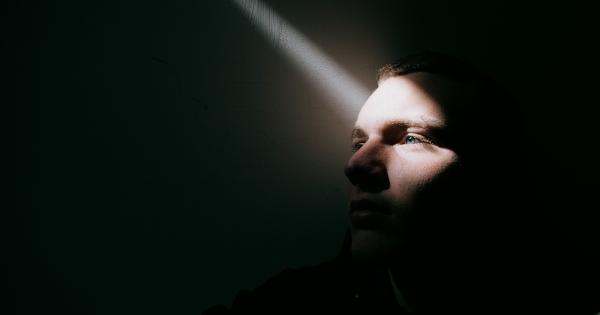In today’s digital age, taking selfies has become a widespread phenomenon. From capturing special moments to showcasing personal style, selfies have become a part of our daily lives.
However, with the rise of social media and the increasing emphasis on external validation, concerns have been raised about the potential impact of selfie-taking on mental health. This article explores the question: are selfie-takers more likely to suffer from mental health issues?.
The Rise of Selfie Culture
Selfies, a term coined in the early 2000s, refer to self-portraits taken with a digital camera or smartphone. With the advent of smartphones equipped with front-facing cameras, the popularity of selfies skyrocketed.
Today, platforms like Instagram, Snapchat, and Facebook are flooded with millions of selfies every day. The rise of selfie culture has sparked debates about its implications for our mental well-being.
Link between Selfie-Taking and Mental Health
Researchers and experts have been exploring the potential link between selfie-taking and mental health. While correlation does not imply causation, some studies have found associations that are worth investigating further.
The Euphoria of Likes and Comments
One of the aspects of social media that contributes to the popularity of selfies is the instant gratification provided through likes and comments.
When an individual posts a selfie and receives positive feedback from their peers, it can enhance their self-esteem and overall well-being. However, this positive reinforcement can also lead to a dependence on external validation, where one’s self-worth becomes heavily reliant on the number of likes and comments received.
The Curse of Comparison
Social media platforms are often filled with carefully curated images that project an idealized version of reality. When individuals constantly consume these flawlessly edited selfies, it can lead to negative self-perception and feelings of inadequacy.
Comparing oneself to others’ highlight reels can be detrimental to mental health, resulting in low self-esteem, anxiety, and even depression.
Selfie-Induced Body Dysmorphic Disorder
Body dysmorphic disorder (BDD) is a mental health condition characterized by an excessive preoccupation with one’s appearance and perceived physical flaws.
The constant exposure to selfies and the pressure to present oneself in the best possible light can worsen symptoms of BDD. Research has shown that individuals who frequently take and edit selfies are more likely to exhibit signs of BDD and engage in obsessive behaviors to improve their appearance.
The Impact of Social Media-Fueled Bullying
In the world of social media, cyberbullying is an unfortunate reality. Selfie-taking individuals, especially teenagers, are often targets of online harassment and body shaming.
This constant exposure to negativity and criticism can significantly impact their mental health, leading to increased stress, anxiety, and even suicidal ideation.
Seeking Validation vs. Building Authenticity
While seeking validation through selfies and social media can have detrimental effects on mental health, it is important to note that not all selfie-takers are at risk.
Some individuals use selfies as a form of self-expression, creativity, and building confidence. By embracing their unique qualities and focusing on authenticity rather than validation, they can utilize selfies as a tool for personal growth and empowerment.
The Importance of Self-Care and Well-Being
Regardless of whether someone takes selfies or not, mental health should always be a priority. It is crucial to promote self-care, self-acceptance, and digital well-being.
Balancing social media usage with other positive activities, engaging in offline interactions, and seeking professional help when needed can all contribute to maintaining a healthy mind.
Conclusion
The relationship between selfie-taking and mental health is complex and multifaceted.
While excessive seeking of external validation and comparison can have negative consequences, responsible selfie-taking can also be a form of self-expression and empowerment. It is essential to strike a balance, prioritize mental well-being, and remind ourselves that the number of likes on a selfie does not define our worth as individuals.






























